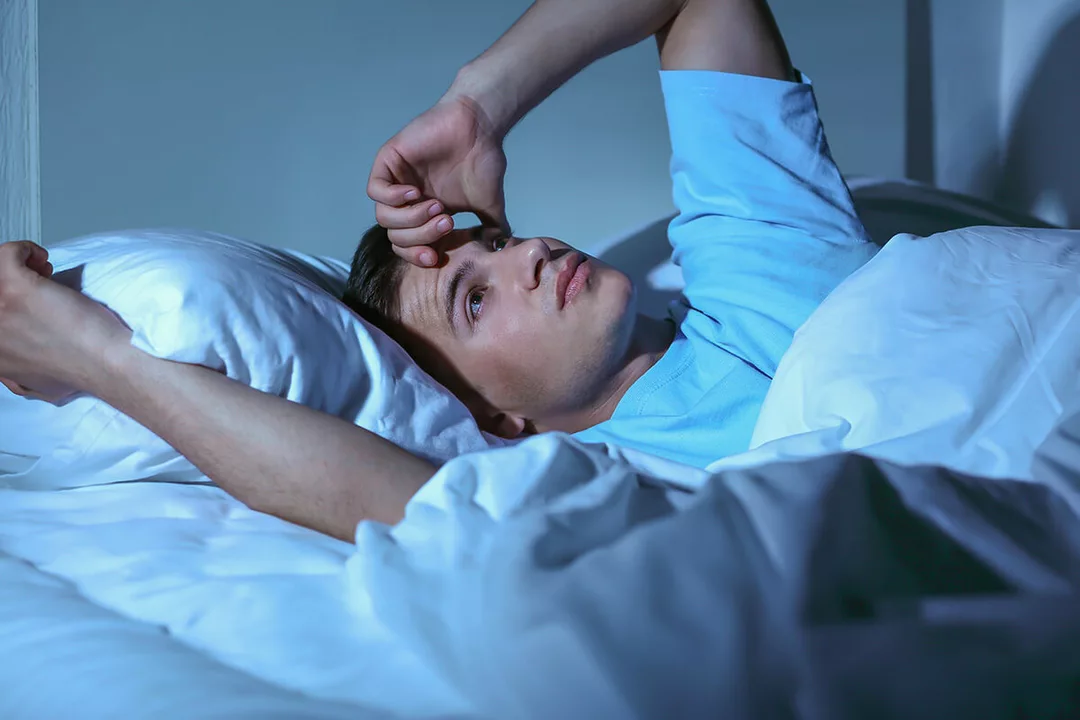Sleep improvement: Practical ways to fall and stay asleep
Finding better sleep often comes down to a few clear habits you can start tonight. Cut caffeine after mid-afternoon, dim lights an hour before bed, and keep your phone out of reach. A cool, dark room helps; aim for 16–19°C (60–67°F) if you can. Consistent wake and sleep times train your body clock far better than weekend lie-ins.
Wind-down routines matter. Try 20–30 minutes of calm activity before bed — reading, gentle stretching, or breathing exercises. Write down any worries on paper so your mind stops rehearsing them in bed. Avoid heavy meals and alcohol within two hours of sleep; both disrupt deep sleep stages.
Movement helps. Regular daytime exercise improves sleep quality, but avoid intense workouts close to bedtime. Short walks in daylight boost your circadian rhythm. If naps help you through the day, keep them to 20 minutes and before mid-afternoon.
Medications and supplements: what to consider
Prescription meds can help short term but carry risks. Talk with your doctor about options and side effects before starting anything new. If you’re curious about alternatives to common sedatives, our guides on alprazolam alternatives and gabapentin alternatives compare options and safety notes. For mood-related sleep problems, read our nortriptyline for bipolar disorder piece to understand why some antidepressants change sleep patterns.
Some people try natural supplements. Sceletium and wood anemone are discussed on this site as calming supplements; they may suit some people but can interact with other drugs. Melatonin helps reset sleep timing for shift work or jet lag when used short term. Prebiotics and gut health also affect sleep for some people — see our prebiotics article for practical tips on adding them to your diet.
Practical fixes for common sleep blockers
Waking up at night? Check caffeine intake, screen light, and late fluid intake first. If racing thoughts wake you, try a short breathing exercise: inhale for four, hold four, exhale for six. If pain interrupts sleep, review pain management with your clinician rather than self-medicating. If snoring or gasping wakes you or your partner, get evaluated for sleep apnea — treating it can change everything.
Track patterns, not perfection. Keep a simple sleep log for two weeks: bedtime, wake time, caffeine, exercise, and mood. That helps you spot triggers and gives the doctor useful details if you need further help. Small, steady changes beat one big overhaul.
Need a starting point? Try one change this week: earlier caffeine cutoff, a 30-minute walk each morning, or a 20-minute pre-bed wind-down. If you want reliable info about medications and supplements linked to sleep, browse MapleLeafMeds.com for clear guides and comparisons. And always check with a healthcare pro before trying new drugs or supplements.
Explore related posts on our site — try the alprazolam alternatives, Sceletium guide and prebiotics article to see pros and cons. If sleep problems persist more than a month or affect daily life, book a medical checkup to rule out sleep disorders and get tailored treatment today.

Porphyria and Sleep: How to Improve Your Sleep Quality
I recently delved into the connection between Porphyria and sleep, and found that people with this condition often struggle with sleep quality. It's essential to understand how this disorder can impact our rest, as it affects the production of heme, a vital component of hemoglobin. To improve sleep quality, it's crucial to maintain a consistent sleep schedule, create a relaxing bedtime routine, and ensure a comfortable sleep environment. Additionally, managing stress and seeking professional guidance can further help in achieving better sleep for those living with Porphyria. I hope sharing this knowledge will assist those affected in getting the restorative sleep they need.
May 6 2023